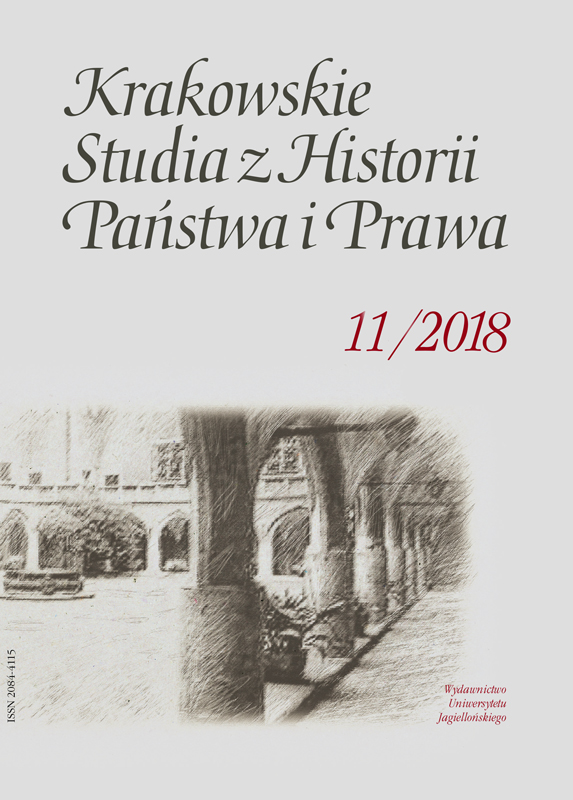Intricacies of Practical Wisdom: Or Why Would Aristotle Vote for Pericles Rather Than Lenin?
Intricacies of Practical Wisdom: Or Why Would Aristotle Vote for Pericles Rather Than Lenin?
Author(s): Iwona Barwicka-TylekSubject(s): History, Law, Constitution, Jurisprudence, History of Philosophy, Political history, Social history
Published by: Wydawnictwo Uniwersytetu Jagiellońskiego
Keywords: political theory; political philosophy; ethics; Aristotle; practical wisdom; dialectics
Summary/Abstract: The article discusses the concept of practical wisdom (phronesis), which for Aristotle plays the crucial role in political activity. Unlike philosophical wisdom (sophia), phronesis requires knowledge of particulars, which are things capable of ‘being otherwise’. Such knowledge cannot be attained once and for all as universal truth, but must be constantly revised and updated to meet the requirements of future-oriented political actions. Thus it seems to be similar to Aristotle’s understanding of an opinion, which is for him the outcome of dialectical reasoning, distinguished from scientific reasoning relying on demonstration. Dialectics can be viewed as a key to politics, and the fact should not be overshadowed by criticism towards those thinkers and politicians who, like Lenin, used it with no respect for the difference between truth and opinion. Comparing Lenin to Pericles, who is directly called phronimos (practically wise) in Nicomachean Ethics, leads to the conclusion that critical examination of different political standpoints should not be limited to ideas, concepts, or proposals they put forward, but should also consider the deeper level of political reasoning standing behind them. It is argued that the lack of proper usage of the dialectical faculty can inflict serious damages both in political theory and political practice.
Journal: Krakowskie Studia z Historii Państwa i Prawa
- Issue Year: 11/2018
- Issue No: 3
- Page Range: 321-341
- Page Count: 21
- Language: English

